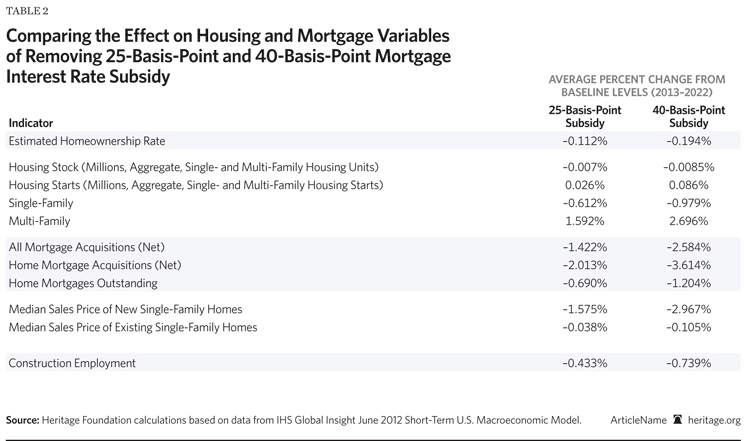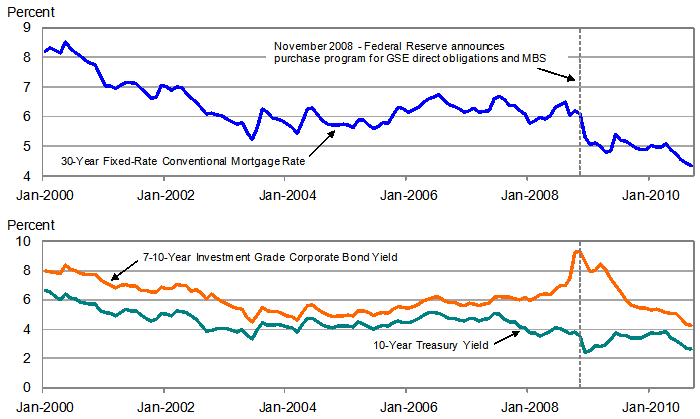Mortgages Stock Market Relationship Interest Rates Economic Reports Employment Fed Reserve
Post on: 27 Май, 2015 No Comment

(6/21/2013) When the stock market is volatile, homebuyers and potential borrowers alike may feel a sense of anxiety.
Recent news that the Dow suffered its largest loss of 2013 and the Nasdaq continues to fall has made many investors and economic analysts start to panic. What does this mean for mortgage rates. Will interest rates, and our monthly payments, skyrocket?
The actual relationship between mortgage interest rates and the stock market is complex, but something that borrowers should understand to feel comfortable with the current housing market.
How are interest rates determined?
At its most simple, interest rates for mortgages are determined on the basis of various economic reports. Data on stock and bond behavior in the stock market, the amount of buyers to sellers that affects the movement of money in and out of the stock market, unemployment percentages. and more can affect interest rates. Generally, if data shows hesitancy or confusion, mortgage rates may fall. If data shows a strong economy and low unemployment, rates may rise.
How do interest rates and the stock market interact?
There’s a difference between the interest rate charged when you buy a home versus the interest rate referred to in terms of general economic strength and the stock market.
The interest rate that applies to investors is the U.S. Federal Reserve discount rate. This is the cost that banks are charged for borrowing money from Federal Reserve banks. Why is this number so important? Basically, to control inflation, the Fed can increase the discount rate and attempt to lower the supply of money by making it more expensive to obtain.
When the Fed does this, it becomes more expensive for banks to borrow money. Banks increase the rates they charge their customers for loans, increasing credit card and mortgage interest rates. Monthly payments increase, and households have less money each month to spend.
Businesses are affected by people spending less money, but they are also unable to borrow as much due to higher interest rates. This decrease in spending can slow the growth of a company, resulting in decreases in profit.

Now comes the stock market. Valuing a company and its stock is partially dependent on future cash flows. If a company is making less profit or spending less on growth, this lowers the company’s stock. Investors don’t want stocks that are decreasing in value, so stock ownership is less desirable. The market goes down.
In this very simplistic summary, you can see then that higher mortgage rates may affect the stock market adversely as part of a general economic trend.
Can a volatile Stock Market influence mortgage rates?
Increased mortgage rates often mean a decreased stock market. But it’s not always that simple.
As noted earlier, one of the determining factors of interest rates for mortgages is the movement and relationship of stocks and bonds. Stocks and bonds compete for investment money. as only so much money exists in the market.














